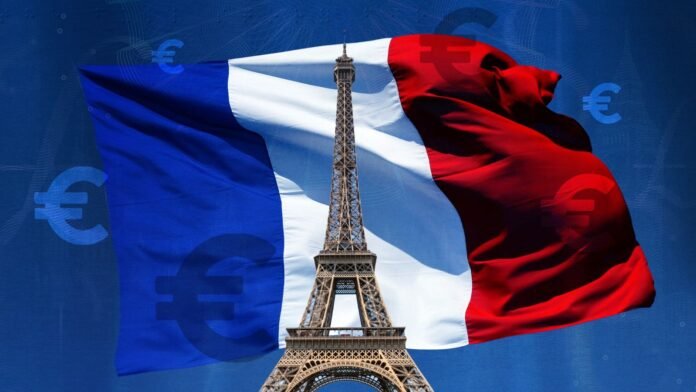
France is increasingly seen as Europe’s new economic problem child, overtaking countries like Greece and Italy, long regarded as the continent’s most vulnerable. Investors now demand higher interest rates from France than from Greece, underlining concerns about its fiscal stability.
This economic unease is deeply tied to France’s political turbulence. Prime ministers have repeatedly resigned following parliamentary defeats on budget plans, as the government struggles to rein in one of the highest deficits in the developed world.
During the pandemic, governments across Europe spent heavily to shield their economies. But while others have begun reducing their deficits, France has fallen behind, unable to impose even modest spending cuts without sparking fierce political resistance.
France’s government spending remains the highest among developed economies relative to GDP. Even recent proposals for slight reductions — cuts that would still leave France as the world’s third-largest spender — were rejected by lawmakers. The political impasse has left the country stuck in a cycle of instability.
Beneath the political gridlock lies a deeper economic problem: a slowdown in productivity growth. For decades, France could rely on strong output per hour to compensate for its relatively shorter working hours compared to other nations. This productivity fueled steady tax revenues, helping the government manage high spending.
But in recent years, productivity growth has faltered. French output per hour now lags behind its peers, shrinking the tax base and widening the deficit further. The decline has removed a crucial pillar that once propped up the nation’s public finances.
Warnings of a potential market shock are growing louder. Prime Minister François Bayrou, facing mounting pressure, recently invoked the UK’s 2022 crisis under Liz Truss, whose unfunded budget plans triggered a market rout. “Beware the market,” he cautioned, warning that France may be closer to crisis than it realizes.
As bond yields rise and investor confidence wanes, France faces a critical test. Without meaningful reforms to curb spending and revive productivity, the country risks a downward spiral that could destabilize not only Paris but the wider eurozone.
For now, France stands at a crossroads — torn between political resistance to austerity and economic realities that can no longer be ignored.